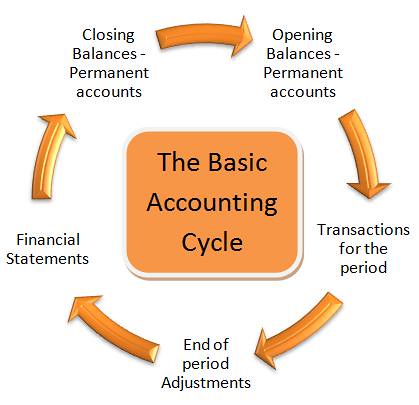 |
As a sample, an organisation's accountants intermittently measure the profit and loss (P/L) for a month, a quarter or a monetary year and distribute these outcomes in a statement of P/L that is called an income statement. These statements incorporate components, for example, accounts receivable (what is owed to the organisation) and accounts payable (what the organisation owes). It can likewise get really confused with subjects like retained earnings and accelerated depreciation. This at the more elevated amounts of accounting
and in the association.
Quite a bit of accounting however, is additionally concerned with essential bookkeeping. This is the procedure that records each exchange; each bill paid, each dime owed, each dollar and penny spent and collected.
In any case, the proprietors of the organisation, which can be singular proprietors or a great many shareholders are most concerned with the synopses of these exchanges, contained in the financial statement. The financial statement compresses an organisation's assets. An estimation of an asset is the thing that it cost when it was initially acquired. The financial statement additionally records what the wellsprings of the assets were. A few assets are as credits that must be paid back. Profits are likewise an asset of the business.
In what's called double-entry bookkeeping, the liabilities are additionally condensed. Clearly, an organisation needs to demonstrate a higher measure of assets for counterbalance the liabilities and demonstrate a profit. The administration of these two components is the embodiment of accounting.
There is a framework for doing this; not every organisation or individual can devise their own frameworks for accounting; the outcome would be tumult!
No comments:
Post a Comment